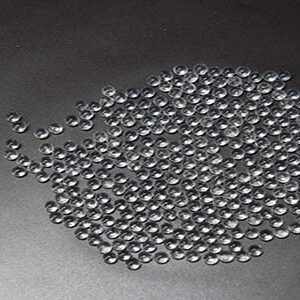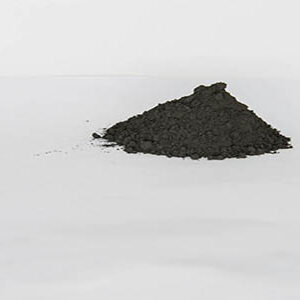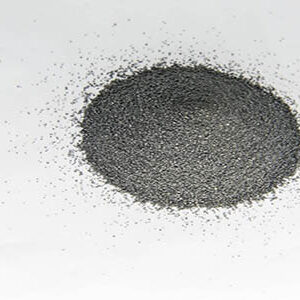Abrasives are widely used, as a grinding process, abrasives should have the following basic properties:
1. Hardness
The abrasive should have a fairly high hardness, the hardness of the magic oh is higher than the hardness of the workpiece being processed, and it must have good wear resistance. Generally speaking, under the same other conditions, the higher the hardness of the abrasive, the better its wear resistance and the better the cutting performance.
2. Processability
Abrasives should have processability and granulation, and can be made into granules with a wide range of sizes, uniform shapes, and neat dimensions. For grinding, in order to obtain the required machining accuracy and efficiency, the abrasive must be granulated into uniformly shaped granules with a certain particle size. Therefore, materials that are difficult to be processed into particle shapes are not suitable for abrasive. For example, cemented carbide, although its hardness is very high, but its toughness is also quite high, difficult to process granulation, so it is not suitable for abrasive.
3. Toughness
The abrasive should have a certain toughness. The toughness of an abrasive refers to the ability to resist chipping and maintain the cutting edge during the grinding process.
4. High temperature stability
The abrasive should be able to withstand high temperatures and have high temperature stability. During grinding, the contact area between the abrasive and the workpiece to be machined generates a lot of heat, especially for high-speed grinding and heavy-duty grinding, and the local temperature can be as high as 1500°C. Therefore, the abrasives used should maintain their inherent hardness and strength at high grinding temperatures. For example, boron carbide, although the hardness is higher than silicon carbide, but it is easy to be oxidized at high temperatures, so it is not suitable for use as an abrasive, can only be used as an abrasive paste, and its grinding use is greatly limited.
5. Chemical stability
The abrasive should be chemically stable and not chemically react with the workpiece, binder and coolant during the grinding process. Grinding is not just a purely mechanical process, chemical reactions also play an important role in it. Therefore, the abrasive should be chemically stable and avoid chemical abrasion.



